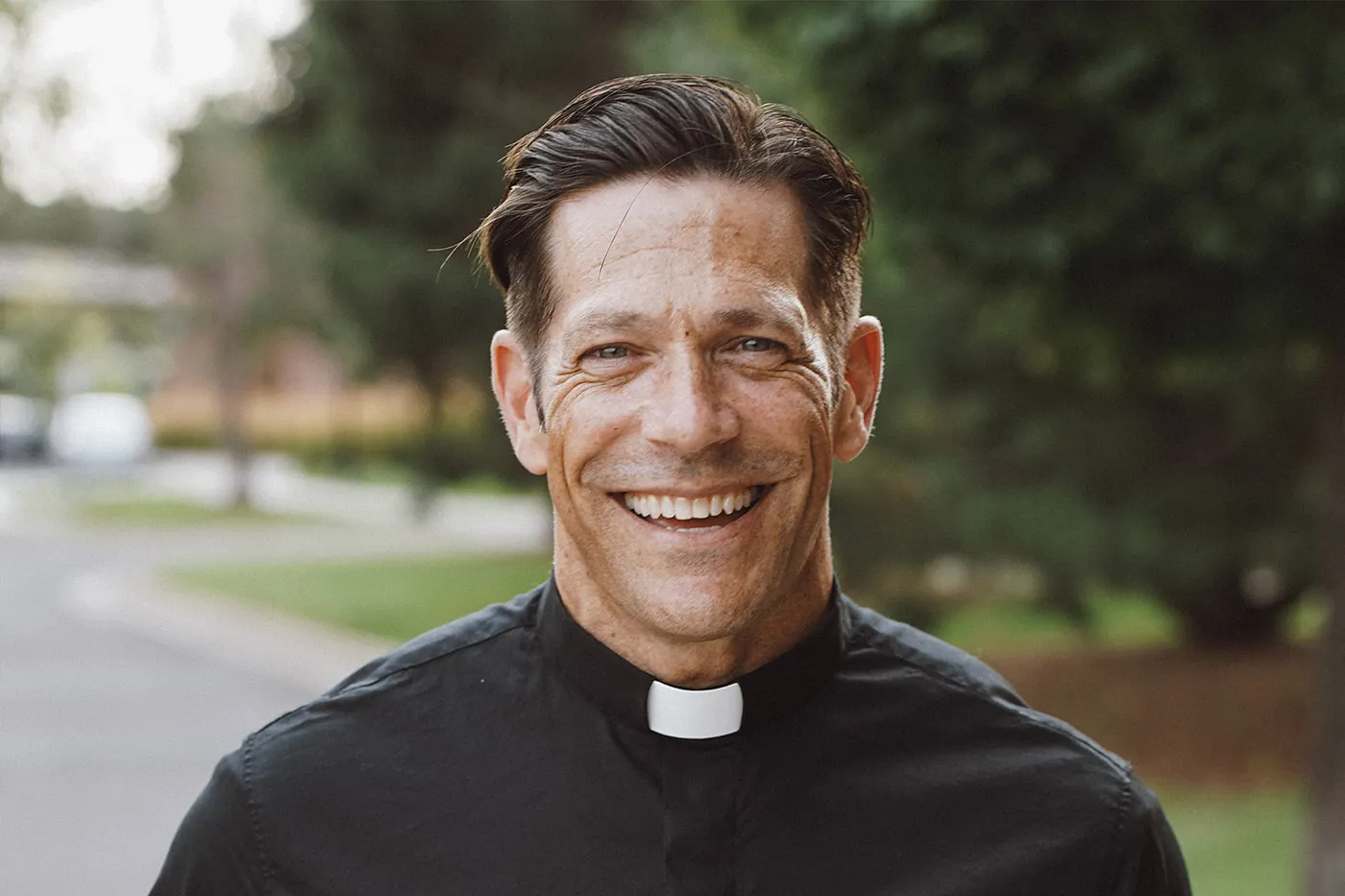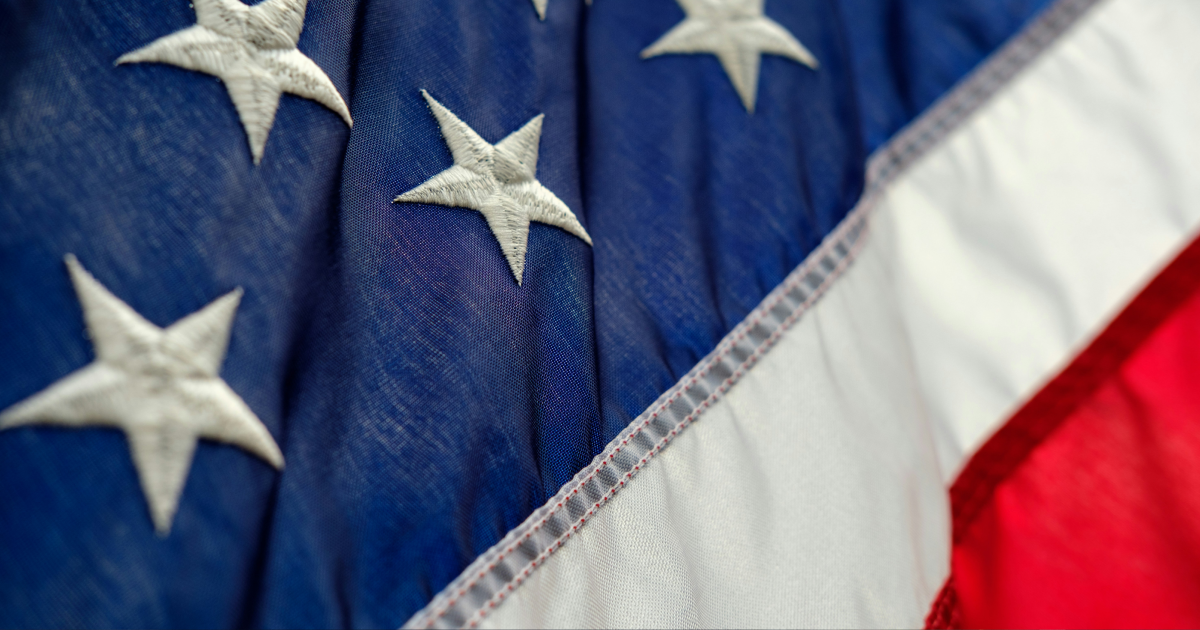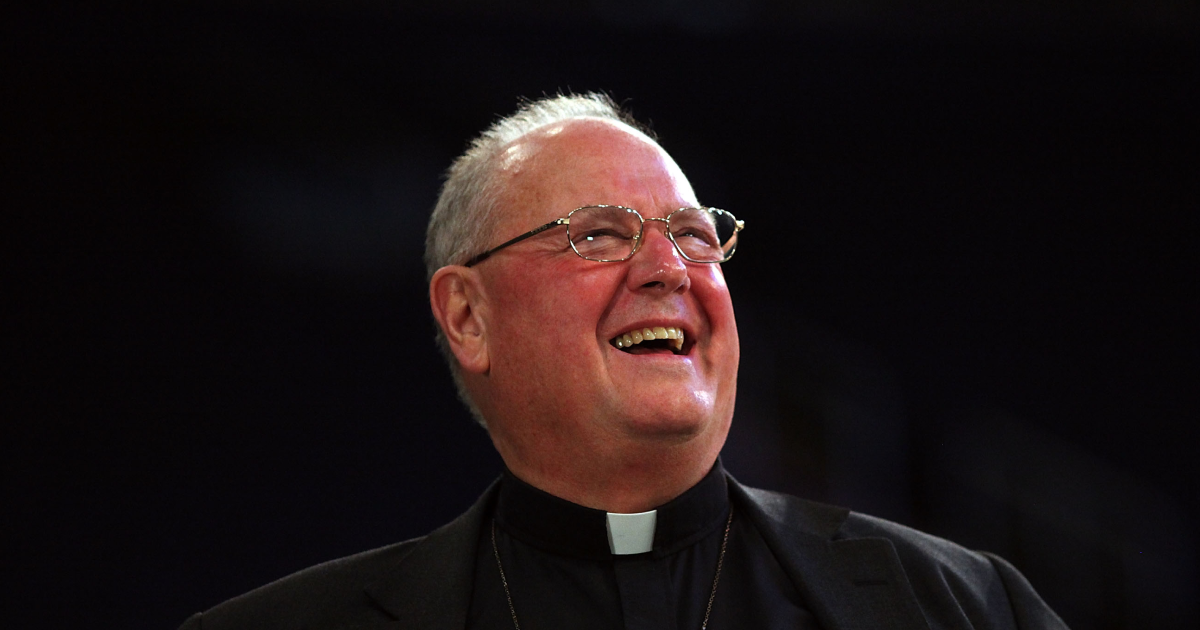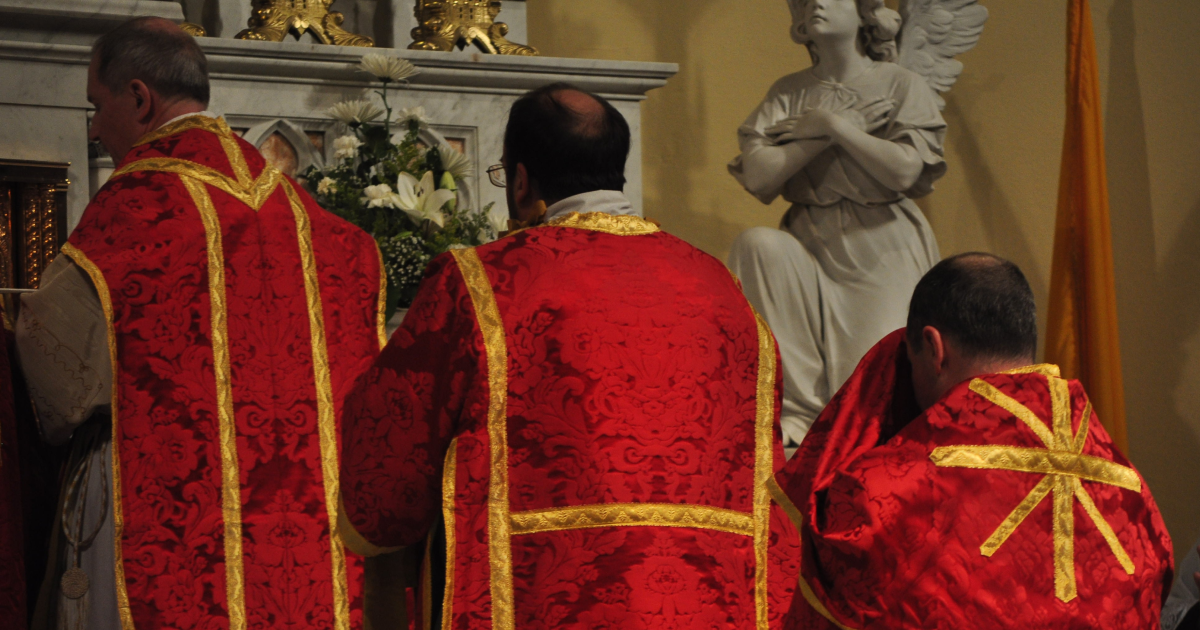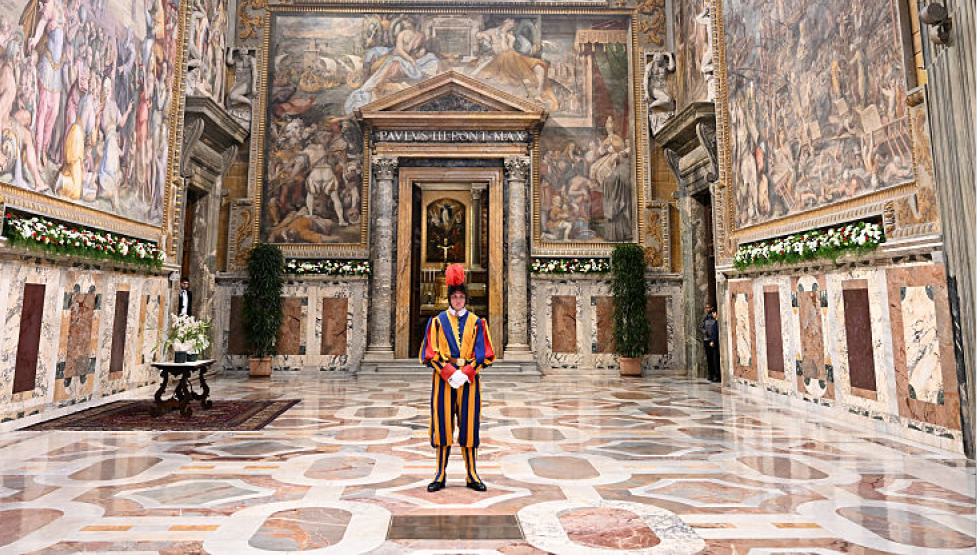Former Fox News host Tucker Carlson has stated that Christian Zionism is a “Christian heresy” in an interview with controversial political commentator Nick Fuentes on his show this week.
In the two-hour-long conversation, posted to Carlson’s platform on his social media profile, the pair lambasted “Christian Zionists”, using stark language to denounce American conservatives who ardently support Israel.
Carlson, an Episcopalian Christian, said he “dislike[s] them more than anybody” and blasted the phenomenon as a “Christian heresy” that offends him as a believer. He questioned why figures such as Mike Huckabee, Ted Cruz, John Bolton and other non-Jewish Republicans seem “seized by this brain virus” of unswerving Zionism.
“Christian Zionists – like what is that? … I dislike them more than anybody, you know, because it’s Christian heresy and I’m offended by that as a Christian,” Carlson declared in the interview.
He added that he has been “pissed at the neocons [Neoconservatives]” driving U.S. foreign policy “since December of 2003”, after witnessing the Iraq War’s fallout, and argued that some Republican politicians act as if they are “serving Israel” rather than their own country.
Fuentes agreed with Carlson’s critiques of pro-Israel conservatives while voicing his own hard-line views. The 27-year-old Fuentes, who has a long history of antisemitic commentary, claimed that “neoconservatism arises from Jewish leftists who are mugged by reality when they saw the surprise attack during the Yom Kippur War”.
He asserted that neoconservative ideology is fundamentally tied to hawkish support for Israel. Throughout the discussion, Fuentes echoed familiar themes from his “America First” platform, accusing “dual citizens” and pro-Israel lobbyists of holding undue influence in Washington.
The tone of the interview was notably cordial, as it served to publicly mend a rift between Carlson and Fuentes. The two had been trading barbs for months prior to this meeting, in a feud largely waged through social media and podcasts.
At one point, Carlson suggested that Fuentes was a federal agent running a “psyop” against conservatives, while Fuentes shot back by accusing Carlson of being the real “secret federal agent” in disguise.
Carlson acknowledged those insults and offered an apology on air for the personal attack, and the pair laughed about their past paranoia. They “buried the hatchet” over the “fed” accusations and found common ground in their shared resentment of establishment Republicans.
Fuentes’s appearance on Carlson’s show has drawn widespread condemnation. “How could Tucker interview one of the most genuinely hateful racists and Jew-haters in the world, Nick Fuentes? Honestly, I am shocked by that. Despicable,” wrote Christian author Eric Metaxas on X.
Conservative commentator Dinesh D’Souza likened Carlson to a loyal dog who “is friendly to guys like Nick Fuentes and hostile to guys like Ted Cruz”.
The Catholic Church has historically not endorsed Zionism. Saint Pope Pius X’s 1904 audience with Theodor Herzl highlighted this early opposition: the pope emphasised that while Jews could freely settle in Jerusalem, the Church could not condone a solely Jewish state.
Subsequent Vatican diplomacy maintained this view, particularly during and after World War II, when plans for a Jewish homeland gained international momentum. The Vatican were cautious about Jewish-dominated Palestine that could disrupt Christian custodianship of sacred sites.
After 1948, the Catholic position began to evolve from outright theological rejection towards cautious political accommodation. Pope Pius XII resisted American entreaties to recognise Israel, seeing such recognition as premature and inconsistent with the Church’s universal mission. Yet under Pope John XXIII, who sought reconciliation with the Jewish people, a more open tone emerged that would culminate decades later in formal diplomatic recognition.
The 1993 Vatican–Israel accord marked a pragmatic acknowledgment of political reality rather than a theological endorsement of Zionism, while subsequent agreements with the Palestine Liberation Organization reflected the Holy See’s enduring commitment to peace and justice for both peoples.
In 2015, Pope Francis reaffirmed this dual recognition, calling for coexistence between two sovereign states, though some within the Vatican now question whether a one-state model might better embody Christian principles of equality and reconciliation.
(Photo by Ivan Apfel/Getty Images)





.jpg)


